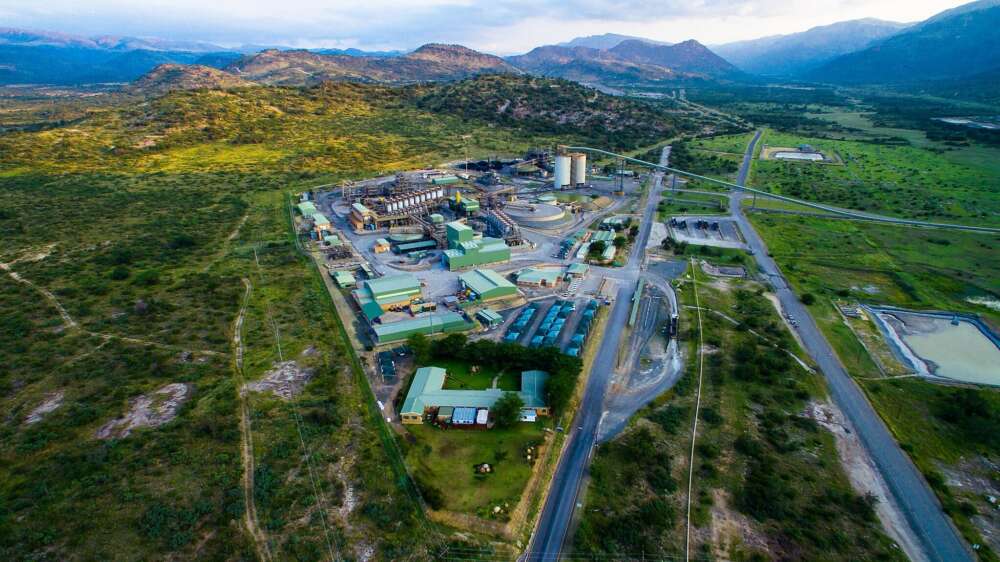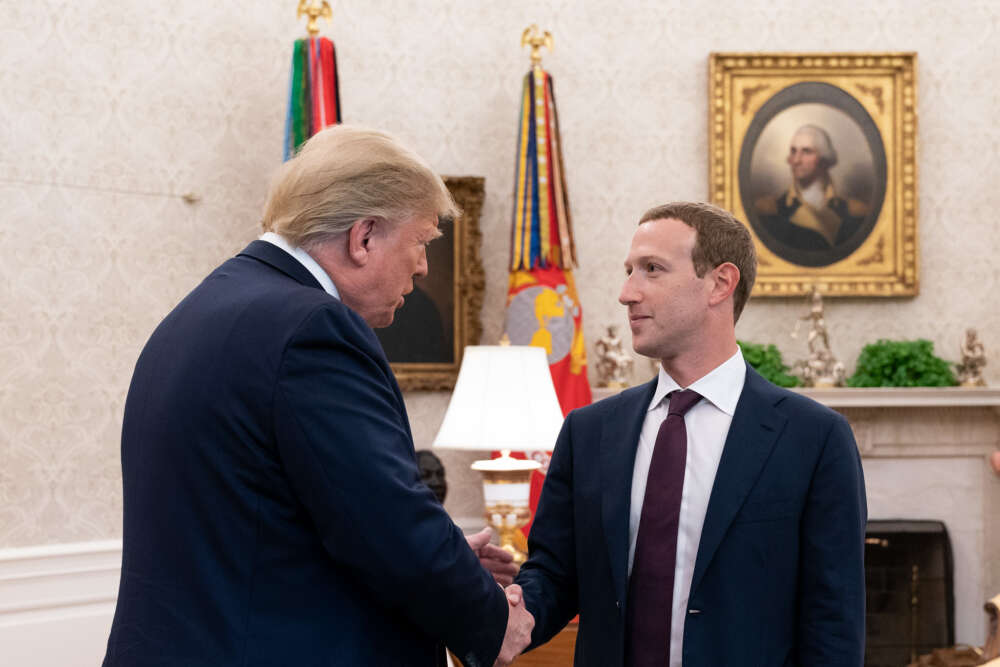This opinion piece is part of the the Global Governance Futures 2025 program which brings together young professionals to look ahead and recommend ways to address global challenges.
The 20th century witnessed several ‘revolutions of sovereignty’, and India’s independence was amongst the more startling ones. It began with the decline of an imperial regime and ended with a liberal constitutional settlement that has endured longer than most critics thought it would. India’s constitution regime, unique in the post-colonial world, also undergirds a secular democratic state in a region teeming with authoritarianism. Today, as the debate over the global governance of the internet intensifies it is worth considering how the rise of a sustainable constitutional order in India could provide a framework for reforms.
When seen in light of the uncertainties confronting political leaders, campaigners and users of the internet, the similarities with India’s own tryst with destiny become very evident. Since its inception, internet governance has been in the hands of an efficient but insular technocracy based in the United States. Now as the network expands globally, the legitimacy of its governing institutions, particularly in terms of defining and safeguarding user rights, is under intense pressure. As calls for Internet Freedom get louder, the challenge for reformers, as it was for the ‘freedom fighters’ in India, is to strike a balance between change and continuity in the governance institutions and to ensure greater trust and engagement of the Netizens.
…
To read the full article, please visit Global Policy online.








